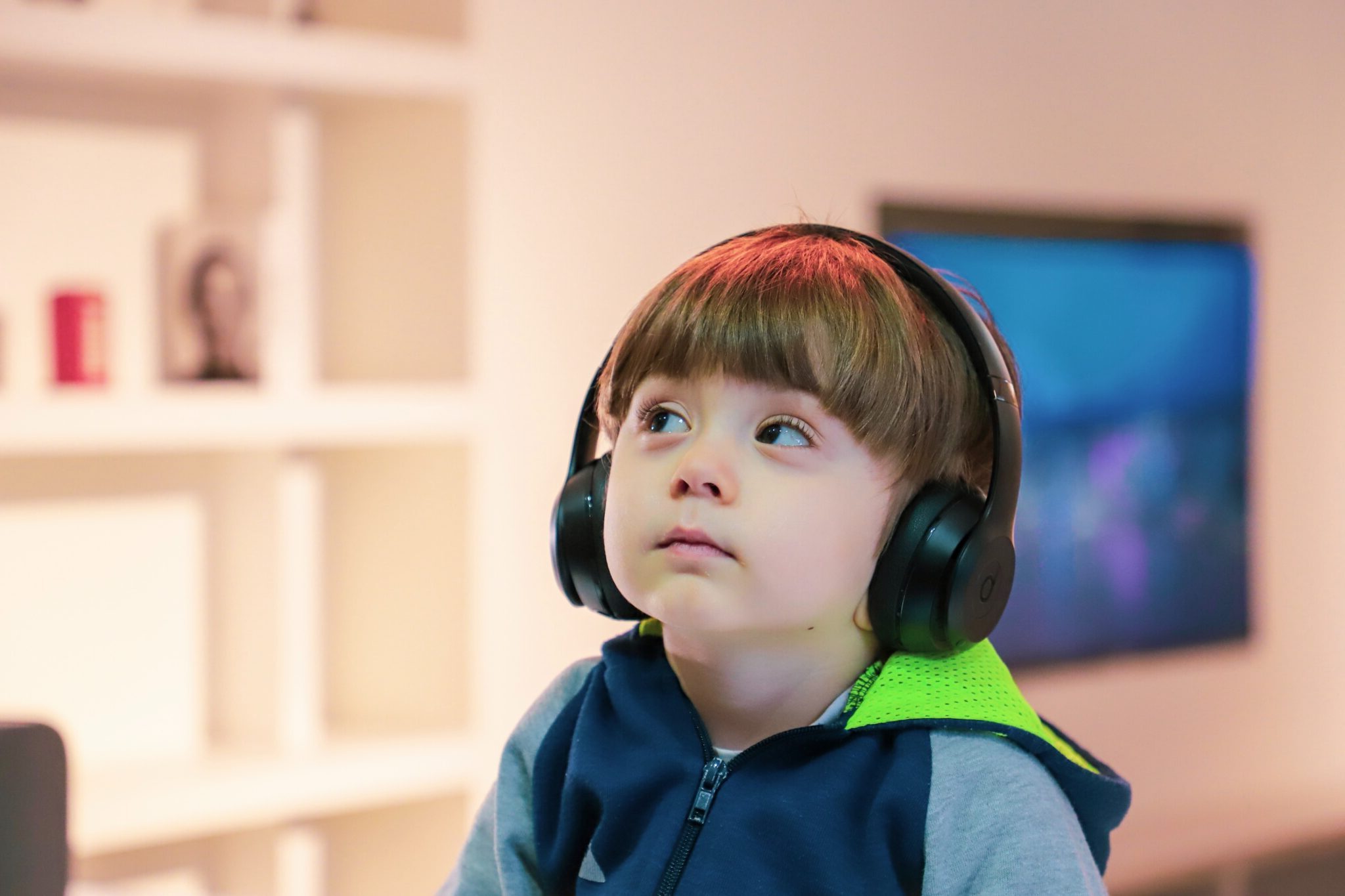
Asperger's syndrome, often characterized by social challenges and distinctive strengths, has piqued widespread interest and empathy. Understanding its symptoms is crucial for fostering acceptance and support within communities. This condition, part of the autism spectrum, manifests uniquely in each individual, making awareness and knowledge key to recognizing it. From nuanced social cues to deep, passionate interests in specific topics, the symptoms are as varied as the people who experience them. In this introduction, we'll briefly touch on 14 facts about Asperger's symptoms, aiming to provide a clearer picture of this complex condition. Our goal is to demystify misconceptions, highlighting the importance of embracing differences and providing the right support for those affected.
Understanding Asperger's Syndrome
Asperger's Syndrome, a form of Autism Spectrum Disorder (ASD), affects social interactions, communication, and behavior. Knowing the symptoms can help in understanding and supporting those with the condition.
Social Interaction Challenges
People with Asperger's often face difficulties in social settings. These challenges can manifest in various ways, making social interactions complex.
- Difficulty with Nonverbal Cues: Individuals may struggle to interpret facial expressions, body language, or tone of voice, leading to misunderstandings in conversations.
- Limited Eye Contact: Maintaining eye contact can be uncomfortable, often resulting in avoidance or brief glances.
- Trouble with Social Reciprocity: Engaging in back-and-forth conversations can be challenging, with individuals often dominating the conversation or struggling to respond appropriately.
Communication Differences
Communication is another area where Asperger's symptoms become evident. These differences can affect both verbal and nonverbal communication.
- Literal Interpretation: People with Asperger's may take things literally, missing out on jokes, sarcasm, or idiomatic expressions.
- Monotone Speech: Speech may lack variation in pitch, tone, or rhythm, making it sound flat or robotic.
- Advanced Vocabulary: Despite other communication challenges, individuals often have an extensive vocabulary and may use complex words or phrases.
Behavioral Patterns
Behavioral symptoms are also common in Asperger's Syndrome. These patterns can be repetitive or highly focused.
- Repetitive Movements: Actions like hand-flapping, rocking, or spinning can be soothing and are often repeated.
- Intense Focus on Interests: Individuals may develop deep, narrow interests in specific topics, dedicating significant time and energy to them.
- Need for Routine: A strong preference for routine and predictability can lead to distress when changes occur.
Sensory Sensitivities
Sensory processing differences are another hallmark of Asperger's. These sensitivities can affect how individuals experience their environment.
- Sensitivity to Light and Sound: Bright lights or loud noises can be overwhelming, causing discomfort or distress.
- Tactile Sensitivity: Certain textures or physical sensations may be intolerable, leading to avoidance of specific clothing or activities.
- Heightened Sense of Smell or Taste: Strong reactions to certain smells or tastes can influence food preferences and eating habits.
Cognitive and Emotional Traits
Cognitive and emotional characteristics also play a role in Asperger's Syndrome. These traits can impact learning and emotional regulation.
- Attention to Detail: A keen eye for detail can lead to exceptional skills in areas requiring precision, such as mathematics or art.
- Emotional Regulation Difficulties: Managing emotions can be tough, often resulting in intense reactions to seemingly minor events.
A Final Glimpse at Asperger's Symptoms
Understanding Asperger's symptoms opens doors to empathy and support for those navigating life with this condition. From unique social interactions to specialized interests and sensory sensitivities, each aspect of Asperger's paints a picture of diversity in human cognition. Recognizing these signs not only aids in early intervention but also fosters an inclusive environment where individuals with Asperger's can thrive. Let's champion awareness and acceptance, ensuring everyone receives the understanding and assistance they deserve. After all, knowledge about Asperger's isn't just about identifying symptoms; it's about appreciating the rich tapestry of human differences and the strengths that come with them. Together, we can make a difference, one step at a time.
Was this page helpful?
Our commitment to delivering trustworthy and engaging content is at the heart of what we do. Each fact on our site is contributed by real users like you, bringing a wealth of diverse insights and information. To ensure the highest standards of accuracy and reliability, our dedicated editors meticulously review each submission. This process guarantees that the facts we share are not only fascinating but also credible. Trust in our commitment to quality and authenticity as you explore and learn with us.


